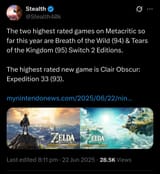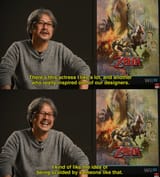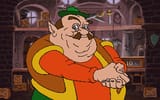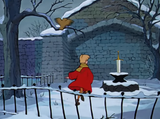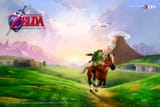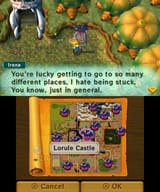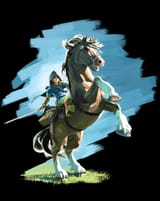>>717281971
OoT is literally ALttP with a different narrative in a game-composition manner.
It starts, there's a little tutorial that doesn't let the player break off. Then the first dungeon happens, and you leave to the Open World.
Now the game instructs you where the next goal is, and you're free to go there.
After 3 goals done, it triggers a central event with the Antagonist and a shift to a "Dark World".
Now there are 5 more dungeons, and they can be done any time the player knows how to get to them. Some is scripted through scenes with Sheik but a lot of it is reachable and you can sequence break it.
ALttP is also more linear than people give credit for. A lot of the overworld can't be traversed until you have certain items from certain dungeons, which gates it into a linear experience compared to Zelda 1, because Zelda 1 allows you to beat the game without "finishing it", but ultimately it too had the same rule that if you wanna see all the dungeons and ending, you gotta get all the items inside and outside of dungeons. OoT follows that but ever so faintly added more guardrails to it in the form of event-triggers.
Majora's Mask is the first game that blocks the player from progress through artificiality of story-triggers, even though it could've been designed to allow all 4 regions to be accessed in the player's desired order with a few tweaks.
The fundamental problem BotW gets wrong is that it entirely neglects the idea that items should be found in order to overcome specific secrets and obstacles in its world. You NEED a raft in Zelda 1 to reach Dungeon 3. And the entire game follows a similar pattern, where the "destinations" in the world are the dungeons, and the dungeons are a handful, not a quantity>quality pattern, so the story of the game effectively becomes "Link going into the dungeons, and then going to Ganon".
BotW is the one that betrays the Zelda core the most in that sense, of any game in the entire franchise.


